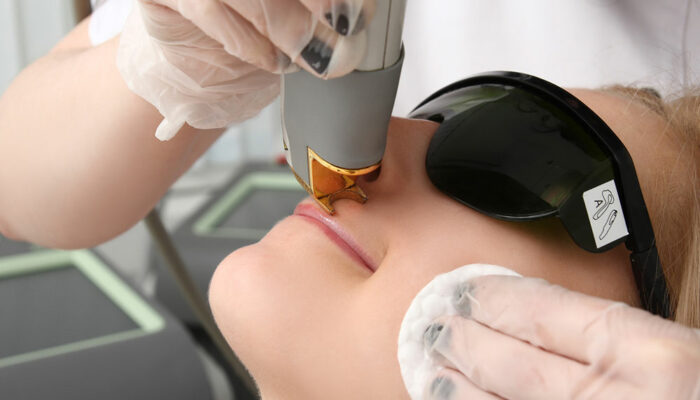
The Risks Involved When Following the Keto Diet
The keto diet is quite different from other diet plans. It emphasizes on fats rather than proteins. It was initially introduced to treat epilepsy among small children; however, the diet was later introduced for weight loss and got mixed opinions. While many have seen positive results after following the diet, the results are not permanent.
The diet commits to using a different fuel, ketones, which are produced by the liver with the fat stored instead of burning carbohydrates.
1. How to achieve ketosis?
It takes seven to thirty days to achieve ketosis in the keto diet. It is challenging for your body to use ketones in the liver instead of its usual functions. Moreover, burning fat without consuming calories is not an easy task. As you are consuming excess proteins, which your body is not accustomed to, it may interfere with ketosis. Lastly, in the initial stages, you shouldn’t eliminate carbohydrates from your diet. Limiting it to 20 to 50 grams per day is acceptable.
2. The foods to eat when following the keto diet
The keto diet consists of a high amount of fats with protein and a few carbs, depending on your body’s requirements.
- A few healthy unsaturated fats like nuts, olive oil, tofu, avocados, palm and coconut oil, and cocoa butter are included in the keto diet in high amounts.
- Beef, bacon, and pork have high amounts of protein, so they are included in the keto diet.
- Some fruits and vegetables have fewer or more amount of carbs and need to be included in the diet in smaller proportions. Vegetables such as Swiss chard, kale, Brussels sprouts, celery, onion, and garlic contain vital carbs so they can be included in meals.
3. Risks involved in the keto diet
Following the keto diet comes with its risks. The diet includes saturated fats, which may obstruct the heart’s functions, causing various cardiovascular diseases and an increase in bad LDL cholesterol. Various other risks involved are:
- Avoiding fruits, vegetables, and grains that are rich in varied nutrients and minerals causes many diseases due to the deficiency of micronutrients like vitamins A, B, and C, and magnesium, and phosphorus.
- Mood swings, confusion, and irritability could be another effect of reduced carbs as your brain needs sugars to perform well.
- There is a possibility of liver diseases due to high metabolism of burning fats into ketones.
- The kidneys may get affected due to the overload of metabolism.
- Constipation is another risk due to the absence of legumes and grains.
Following the diet has some short-term benefits, if not long-term ones. Always consult your doctor before starting such diets that lead to a complete switch in your routine.



